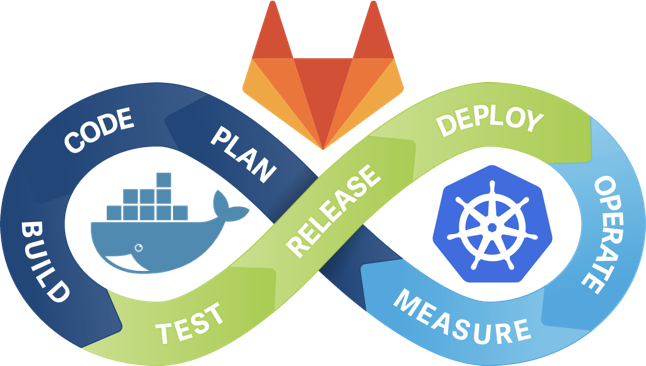HAProxy dynamic backend updates with Ansible
Due to some ELB limitations that did not play well with our user case like limited session timeout to 17 minutes, lack of multizone balancing, url rewriting to mention few, we are using HAproxy to front our application servers. Dropping ELB means loosing the best feature it provides and that is detection of backend changes. Because of this we had to come up with a solution to this problem and one way of doing it was using Ansible.
On the Ansible server we have the following playbook:
---
# USAGE: ansible-playbook ec2_haproxy_update.yml --extra-vars '{"hosts":"tag_Environment_staging", "region":"ap-southeast-2"}'
- name: create the backends group
hosts: ''
connection: local
serial: 1
gather_facts: no
tasks:
- add_host: hostname={{ ec2_private_dns_name|replace('.' + region + '.compute.internal', "") }} groupname=backends server_name=
when: ec2_tag_Type is defined and ec2_tag_Type == "tomcat"
- add_host: hostname= groupname=haproxy server_name=
when: ec2_tag_Type is defined and ec2_tag_Type == "haproxy"
- hosts: haproxy
remote_user: <some-sudo-user>
sudo: true
gather_facts: true
handlers:
- include: roles/haproxy/handlers/main.yml
tasks:
- name: copy the config file over
template: src=roles/haproxy/templates/hap-config-ssl-termination.j2 dest=/tmp/haproxy.cfg
- name: calculate md5 of the temp file
stat: path=/tmp/haproxy.cfg
register: temp_haproxy_stat
- name: calculate md5 of current config file
stat: path=/etc/haproxy/haproxy.cfg
register: current_haproxy_stat
- name: check for changes
command: test =
register: haproxy_check
changed_when: "haproxy_check.rc != 0"
failed_when: haproxy_check.stderr
- name: install the new config file if there was a change and reload haproxy
template: src=roles/haproxy/templates/hap-config-ssl-termination.j2 dest=/etc/haproxy/haproxy.cfg backup=yes owner=root group=root mode=0644
when: haproxy_check.changed
notify:
- reload haproxy
which when launched like:
$ ansible-playbook ec2_haproxy_update.yml --extra-vars '{"hosts":"tag_Environment_staging","region":"ap-southeast-2"}'
does the following:
- Runs a locally executed task that based on the region and our environment tag, creates 2 groups of hosts,
backendsfor the application backends andhaproxyfor the haproxy servers - Populates the haproxy configuration template with the hosts found in the
backendsgroup and copies it over under/tmp/haproxy.cfgon each haproxy server - Calculates the MD5 checksum of the new and the current config file and if they differ copies the new one over
- Reloads the HAProxy service to activate the new config file
The relevant part of the HAProxy configuration template looks like this:
{% for backend in groups['backends'] %}
server {{ backend }} {{ backend }}:8080 check observe layer7
{% endfor %}
and the haproxy reload hook as this:
- name: reload haproxy
shell: 'iptables -I INPUT -p tcp -m multiport --dports 80,443 --syn -j DROP; sleep 0.5; \
/etc/init.d/haproxy reload; iptables -D INPUT -p tcp -m multiport --dports 80,443 --syn -j DROP'
which will make the client connections hang (instead rejecting them) for a very short time needed for the reload. Not needed for sites that are not very busy though.
Puting this in a crontab provides for central management of the haproxy servers for each of our environments. It also guarantees the integrity and uniformity of the haproxy configuration as any changes made manually on the servers will be rolled back to their initial state, forcing the engineers using Ansible only for configuration management.




Leave a Comment